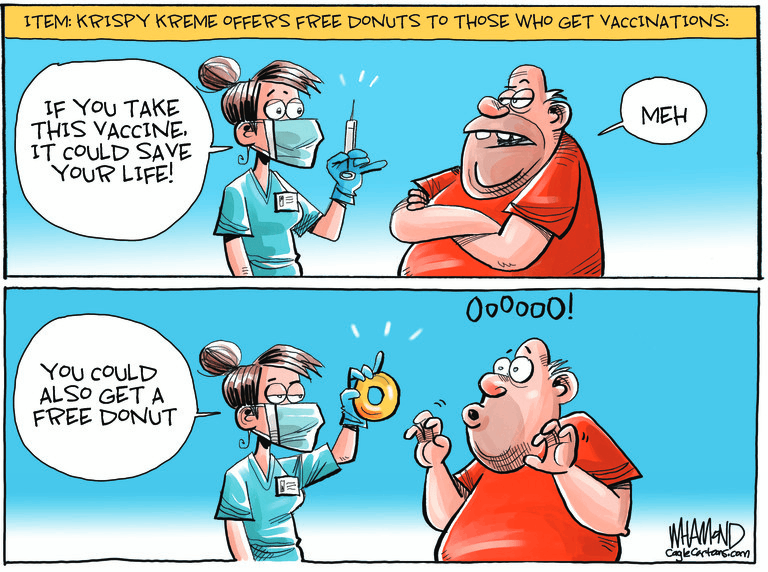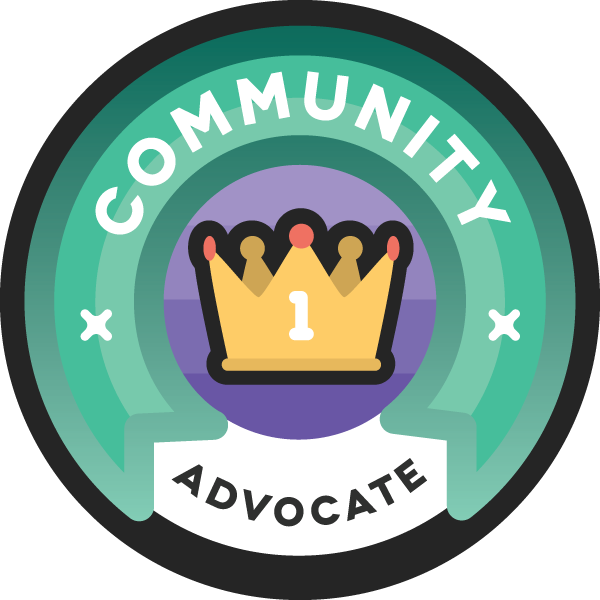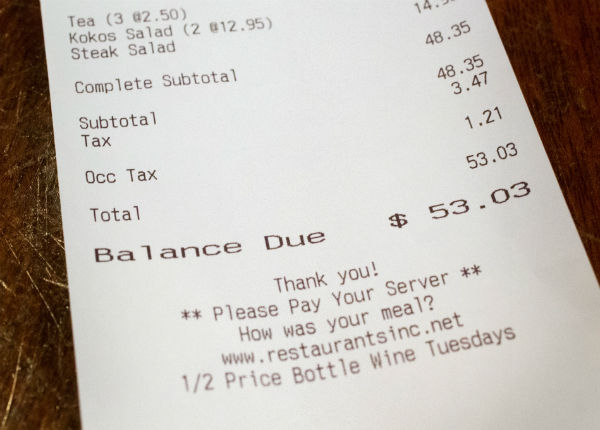Getting people to care about your business can be hard. I am talking about the kind of caring beyond the basic transaction. Caring about what your business means for the community. Caring about what your products need to stay relevant. Often, the caring is not there. Kind of a cold relationship, when you think of it. I am afraid it is up to you to change that. By giving people a reason to care. To answer their question: “What’s in it for me?”
Refusing to take the corona vaccine? Maybe a free donut, cocktail or lottery ticket will make you think twice. The US government and businesses around the country are pulling out all the stops to lure more people to vaccination sites. If you don’t have a sweet tooth or don’t like alcoholic beverages, there are plenty of other freebies that come with a COVID shot: marijuana, tickets to Six Flags and a chance to win a customized shotgun, to name a few. Also, employees of several companies that want to get the jab, receive special benefits.
Makes you wonder, though: is handing out freebies always the best way to influence people’s decisions and actions?

When the goal is to end a deadly pandemic quickly, incentives seem to help. In the short term, rewarding people for rolling up their sleeves causes vaccination rates to go up. It is most likely saving lives.
In the long run, though, you may still lack the support for vaccination among many inoculated people. For them, the incentive – not the health crisis that posed a threat to them and their loved ones – was the main reason to get the shot. They may remain indifferent to the real cause and the solution offered by science and elected leaders.
Same goes for engaging a community of your customers.
When seducing people with unrelated, hedonistic gifts is the only way to get them to sign on and jump through your hoops, you may want to rethink your incentive strategy. Is there no way to rally these people around shared goals and beliefs? What is required to get them to collaborate with you for the right reasons?
In this article, you will learn when it is useful to dangle certain incentives in front of your customer’s eyes. And which common missteps you should avoid.
What’s in it for me?
Before you invite people to, for example, fill out a survey, join an event or register an account, you should ask yourself: would you?
From your perspective, as a business owner or marketeer, you might say that all these activities primarily serve the customers’ interest. Why wouldn’t they want to be more involved and enjoy a more personal approach, right?
That’s rarely how people perceive your invitation, though.

Let’s face it. Getting customers to go the extra mile, beyond their regular purchase – like joining a customer panel – is a tall order.
The average person leads a busy life. Time is a valuable asset. So, for most people, it needs to pay off to spend that time on matters concerning your business. “What’s in it for me?” And: “Why should I help you over all these other companies begging for the same time investment?”
Freebies and gift cards
In some cases, the answer to those questions is: rewards! Add an incentive that makes people feel there is a fair exchange of benefits. Be careful though: not every kind of reward is effective.
As we explored earlier, handing out freebies to get people to take the COVID vaccine is effective when the goal is to save lives in a time squeeze. But it may also push people into action for the wrong reasons, leaving them indifferent to the real cause.
So, before picking an incentive to trigger customer engagement, in order to reach certain business goals, consider this:
- Do you have time (no deadline that forces your hand)?
- Do you want to meet people that care about your cause?
- Do you want to meet them again?
- Do you want to convert some into fans?
- Do you have something to offer them that would benefit you as well (more than just a costly give-away)?
If your answer is yes to most of these questions, you should introduce incentives that help you build a relationship and achieve your forward-thinking goals. If your answer is no to some, rewarding participants with a free donut or tickets to Six Flags will (have to) suffice.
Examples of effective incentives
I recognize three categories of incentives that you can mix and match.
1. Exclusive access and direct involvement
One effective way to engage people is to offer them a peek behind the curtains. After all, doesn’t it feel rewarding when a door unlocks just for you? Some inspiration:
- Meeting the CEO for a Q&A
- Taking a tour behind the scenes
- Being the first to try unreleased product features

2. Competition and recognition
Another human need that drives us, is a sense of belonging. Simultaneously, within the group, we like to be noticed and stand out. You can apply that to your incentive strategy:
- Competing with others to come up with the best new product idea
- Receiving public praise for active membership
- Experiencing a genuine sense of community and collective achievement

3. Remuneration in cash or kind
Handing out freebies is not all bad. Sometimes it is even the right thing to do. Just make sure it adds up to what you are trying to accomplish as a business. Examples of monetary incentives that remind people of their involvement with your company:
- Getting a discount on the company’s products
- Having flowers and a thank you card delivered to your doorstep
- Being reimbursed generously for travel, lunch and time spent

Recap
Let’s go over the main take-aways again.
When you wish to increase customer engagement, keep two caveats in mind. First, getting people to collaborate with your business – and accept the time investment – requires more encouragement than you may think. Secondly, buying people’s participation is often not a winning strategy. Instead, be creative and explore the kinds of encouragement that go beyond the free donut.
(Unless you work for Krispy Kreme that is.)
What are your examples of extremely effective incentives? Share below!
